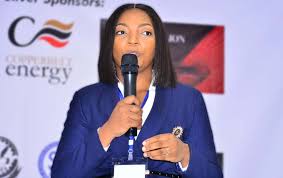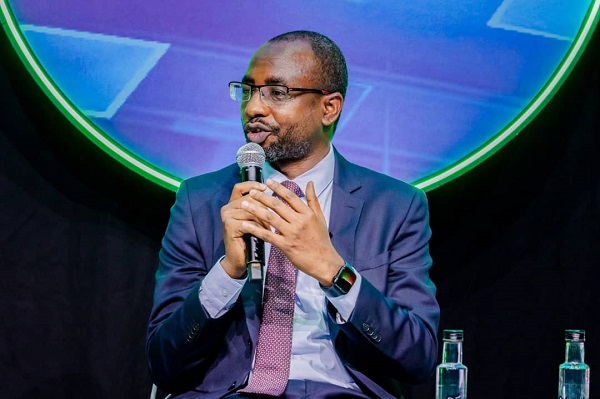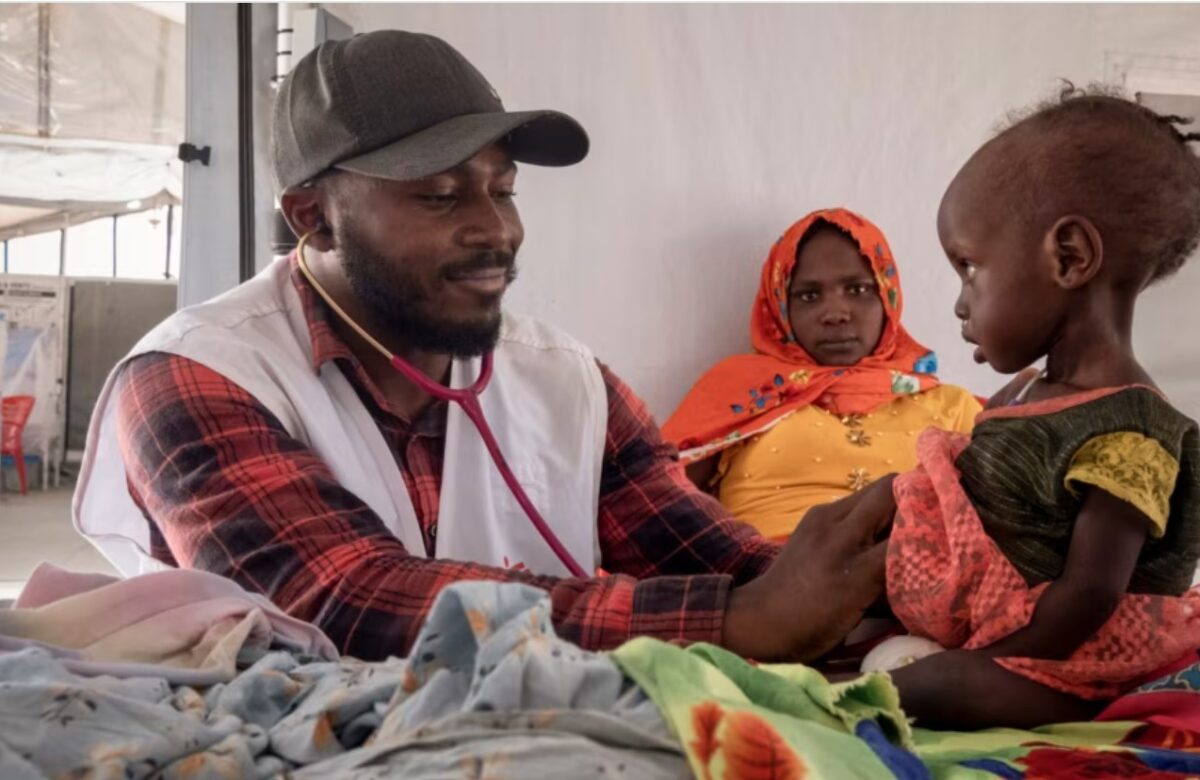
First woman with Mining Eng PhD: Victory for gender equality
- GenderInternational News
- No Comment
- 101

Women are under-represented in leadership and teaching roles in Zambia’s engineering faculties, says the first Zambian woman to obtain a PhD in mining engineering, Dr Ebelia Manda. The main reason is that, in many countries, including her own, women are not encouraged to pursue careers in STEM (science, technology, engineering and mathematics).
Manda, a mining engineering lecturer at Copperbelt University in Kitwe, Zambia, has a research interest in gender equity. “Governments should implement policies that promote equal access to education for women, particularly in STEM fields,” she said, adding that this would result in more women in professions such as engineering.
University World News spoke to Manda about gender dynamics in engineering in her country, and what it means to be the first woman there to hold a PhD in mining engineering.
UWN: Why did you choose to study mining engineering?
EM: My decision to study mining engineering was driven by a combination of passion and purpose. Growing up in Zambia, a country rich in mineral resources, I was always fascinated by how these natural resources could transform economies and communities. Mining is central to Zambia’s development, yet I noticed that very few women were actively involved in this field. I wanted to be part of the backbone of our nation’s economy and, importantly, to break barriers in a traditionally male-dominated sector. I believed that, by pursuing mining engineering, I could contribute to sustainable practices while also serving as a role model for young women who might be intimidated by the field. I wanted to show that we, too, have a vital role to play in the engineering landscape.
UWN: Why do you think there are few women in engineering in general, and mining engineering, in particular, in Zambia?
EM: The disparity in numbers between women and men in engineering, particularly in mining engineering, is a result of historical, cultural and societal factors. Traditionally, women in Zambia, as in many parts of the world, were not encouraged to pursue careers in STEM. Engineering has been stereotyped as a ‘man’s job’ due to its physically demanding nature and the perception that it requires masculine traits like toughness and endurance. This misconception has discouraged many young girls from considering engineering as a viable career option.
In mining engineering, specifically, the challenges are compounded because mining is often seen as a physically gruelling and remote job, involving harsh working conditions that are not perceived as ‘suitable’ to women. There’s also a lack of visible female role models and mentorship programmes tailored to women in the engineering and mining sectors. If young women don’t see anyone like them succeeding in these fields, they may feel that the path is not open to them. Educational systems and industry stakeholders in Zambia need to work together to dispel these outdated perceptions and create an environment in which women are encouraged and supported to pursue engineering.
UWN: What important gender dynamics have you witnessed in the engineering faculty?
EM: In my experience, one of the most significant gender dynamics in engineering faculties is the under-representation of women in leadership and teaching roles. There are fewer female professors, senior researchers and decision-makers, which can unintentionally reinforce the notion that engineering is not a space for women. In most engineering faculties, women are the minority, and this can create an environment where they feel isolated or under-represented. In discussions, women often must assert themselves more strongly to be heard or taken seriously.
There is also the issue of unconscious bias. I have witnessed situations in which male colleagues are more likely to mentor or collaborate with other men, either due to unconscious bias or shared experiences, leaving women with fewer networking opportunities. I have often found myself the only woman in the room, whether in meetings or at conferences, and, while this can be empowering, it also highlights the significant gender gap.
However, I’ve also seen progress. More initiatives are now focused on promoting gender diversity in STEM, with male colleagues actively supporting and mentoring women. There’s growing recognition that diverse perspectives are critical to solving complex engineering problems. Women bring different viewpoints, and this diversity can lead to more innovative and inclusive solutions. Despite the challenges, the landscape is slowly changing, and more women are taking their place in traditionally male-dominated sectors like engineering.
UWN: What do you think should be done to encourage more Zambian women to enter the field of engineering, specifically mining engineering?
EM: Zambia needs a multifaceted approach. First, we need to tackle the issue at the grassroots level by introducing STEM subjects to girls at an early age. Schools should provide programmes that make science and maths exciting and accessible for young girls. Role models and mentors from the industry need to engage with students to show them that women can and do succeed in engineering. Career guidance counsellors should also be trained to encourage female students to consider engineering as a viable and rewarding career path.
At the university level, offering scholarships and funding opportunities for women in STEM will help to remove financial barriers. Furthermore, universities and companies should work together to create mentorship and internship programmes specifically for women in engineering fields, providing them with real-world experience and support.
Workplace policies must also adapt to be more inclusive. This includes addressing the challenges women face in the field, such as safety concerns in remote locations, and creating environments in which women feel safe and respected. Employers can implement flexible work options and family-friendly policies that help retain women in the workforce. Particularly in demanding fields like mining engineering, for example, flexible working hours which allow employees to have flexible starting and ending times to accommodate family responsibilities such as school drop-offs, childcare, or elder care, are vital. An engineer might start later in the morning to manage family commitments and then work later in the day.
Another way is the introduction of career re-entry programmes designed for women who have taken a career break, perhaps to raise children, and now wish to return to the workforce. They could include training, mentorship and coaching to help them re-integrate into the industry. Mining companies could offer such initiatives for women who stepped away from their careers but want to return to technical roles.
UWN: You are the first woman to get a PhD in mining engineering in all of Zambia. Do you consider this an achievement?
EM: I absolutely consider this a significant achievement, not just for myself but for the representation of women in STEM in Zambia and Africa as a whole. Being the first woman to obtain a PhD in mining engineering in Zambia is a milestone that symbolises the ability to challenge societal norms and defy expectations, especially for women who aspire to break barriers in male-dominated fields, hence it represents a broader victory for gender equality in STEM. It demonstrates that women can excel in fields previously dominated by men and that there are no limits to what we can achieve.
That said, I also recognise this achievement as a responsibility. It is not enough to be the first; I am committed to ensuring that I am not the last. I aim to mentor and inspire other young women to pursue mining engineering and other STEM fields so that we can continue to grow the presence of women in these critical sectors.
By Zachariah Mushawatu
https://www.universityworldnews.com/post.php?story=20241103134302797





